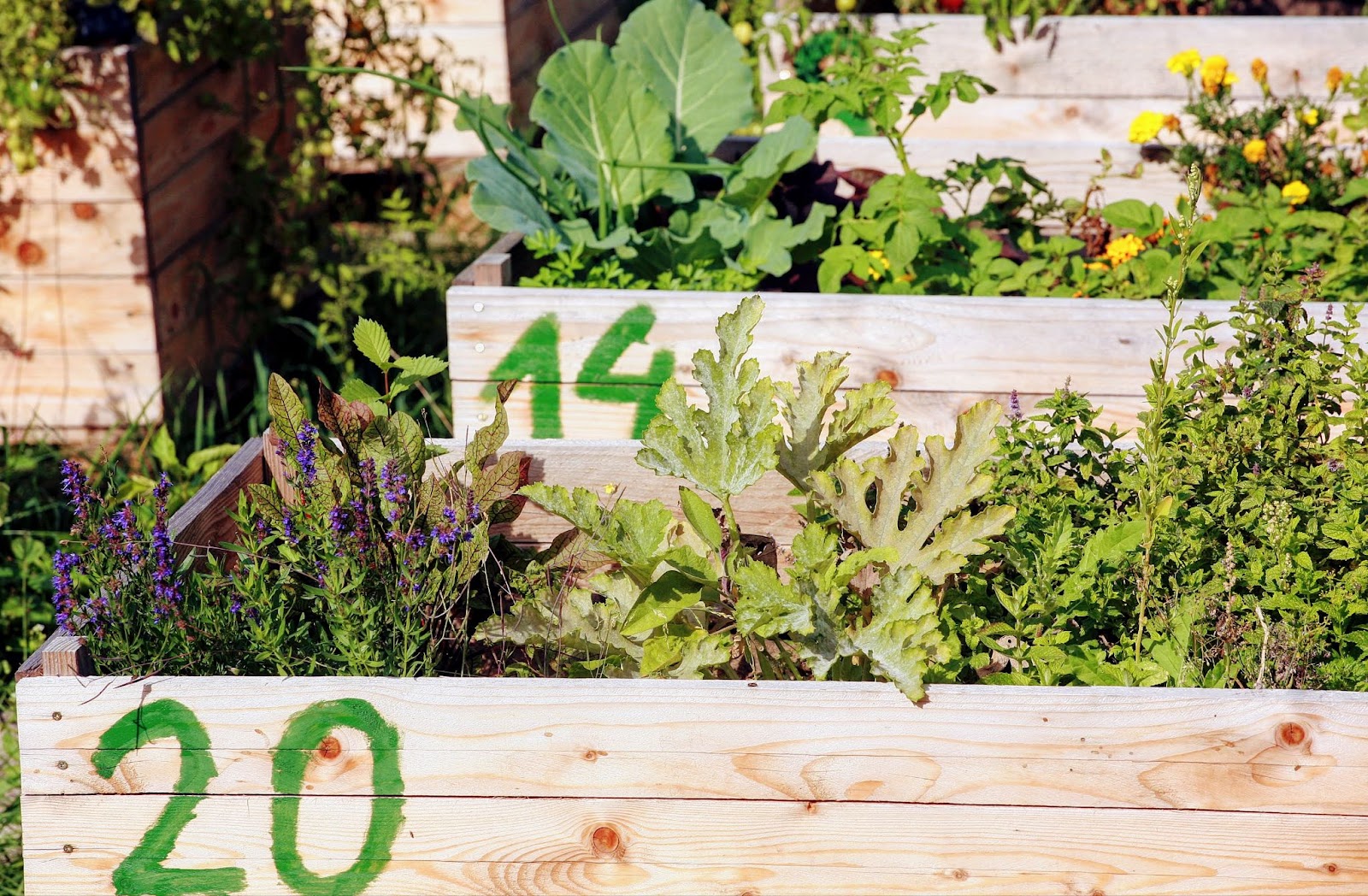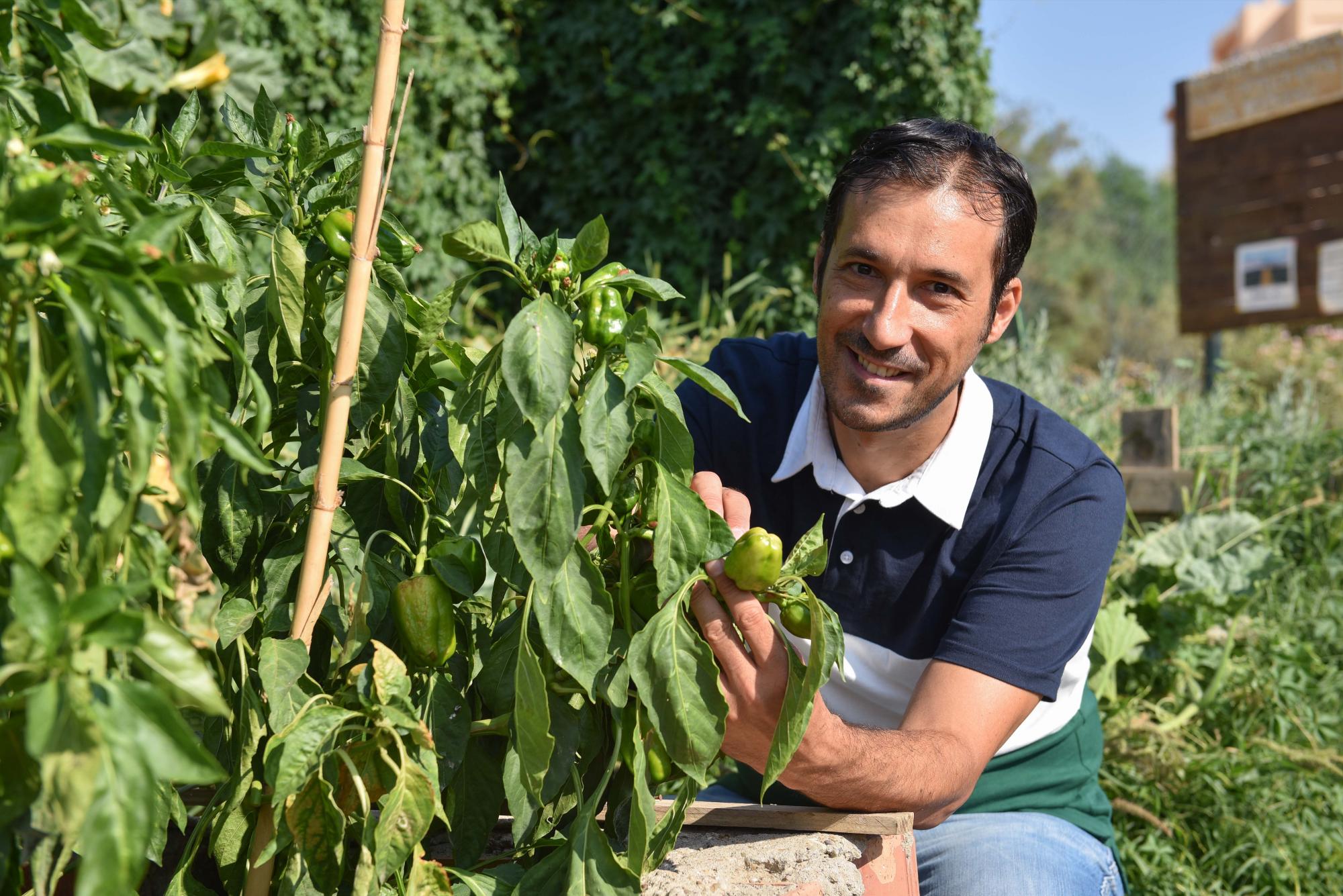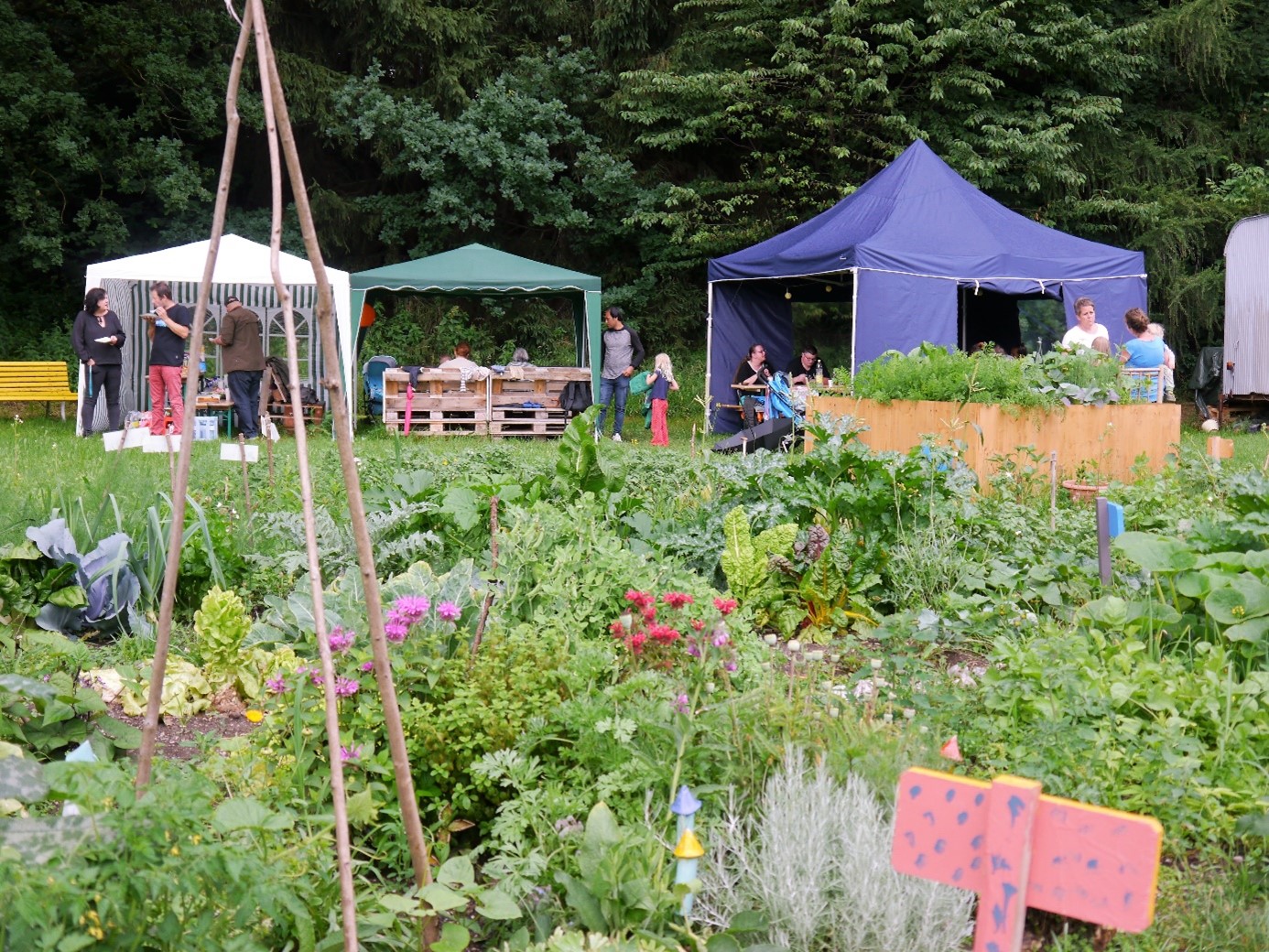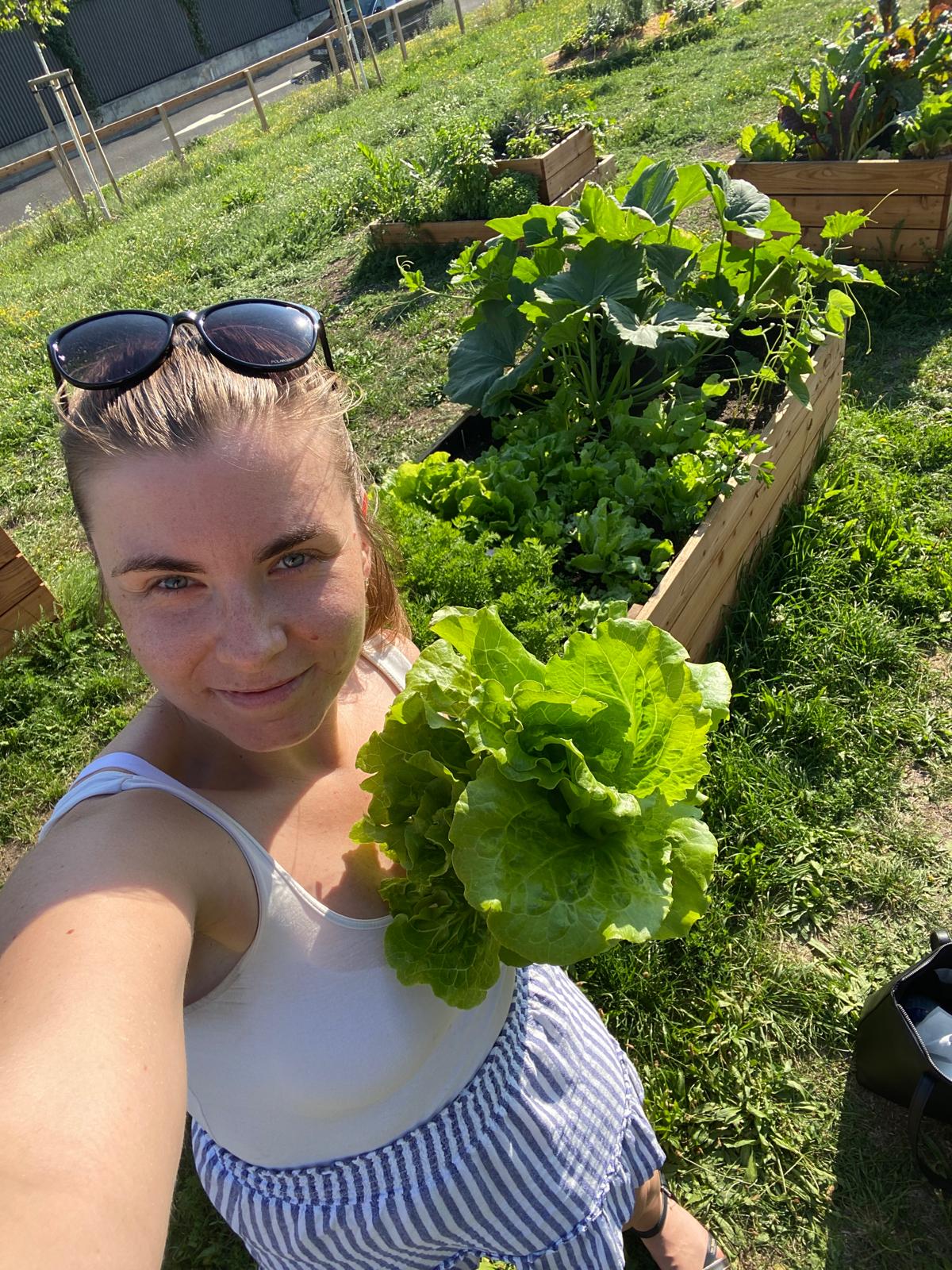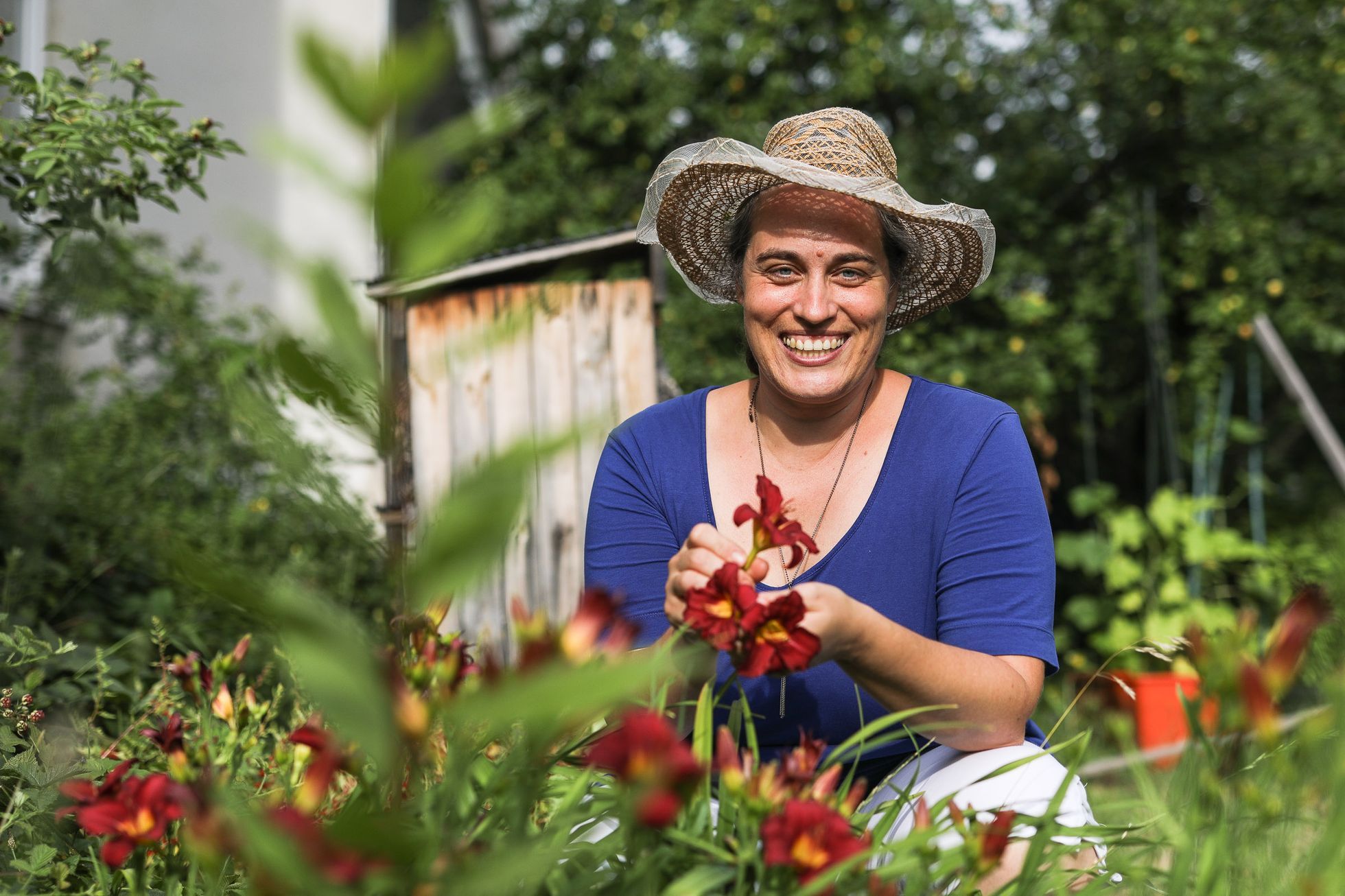Who are we?

Kokoza (CZ)
A social enterprise promoting composting and urban gardening among individuals, companies, or municipalities.

Gartenpolylog (AT)
An association founded in 2007 to promote the idea of intercultural community gardens in Austria.

OnP (ES)
OnP helps projects financed by European funds with their project management, coordination, monitoring, and evaluation.

KÉK (HU)
An independent professional organisation with the aim of opening new perspectives in architectural and urban thinking.

PS (FR)
An association that develops its projects and actions according to UNESCO's 4 pillars of education: learn to know, learn to be, learn to do, learn to live together and with the others.

KBO (AT)
The largest climate protection network in Austria raising awareness about climate issues and sustainable development.








